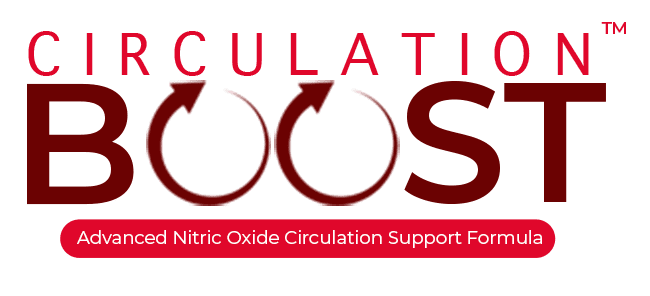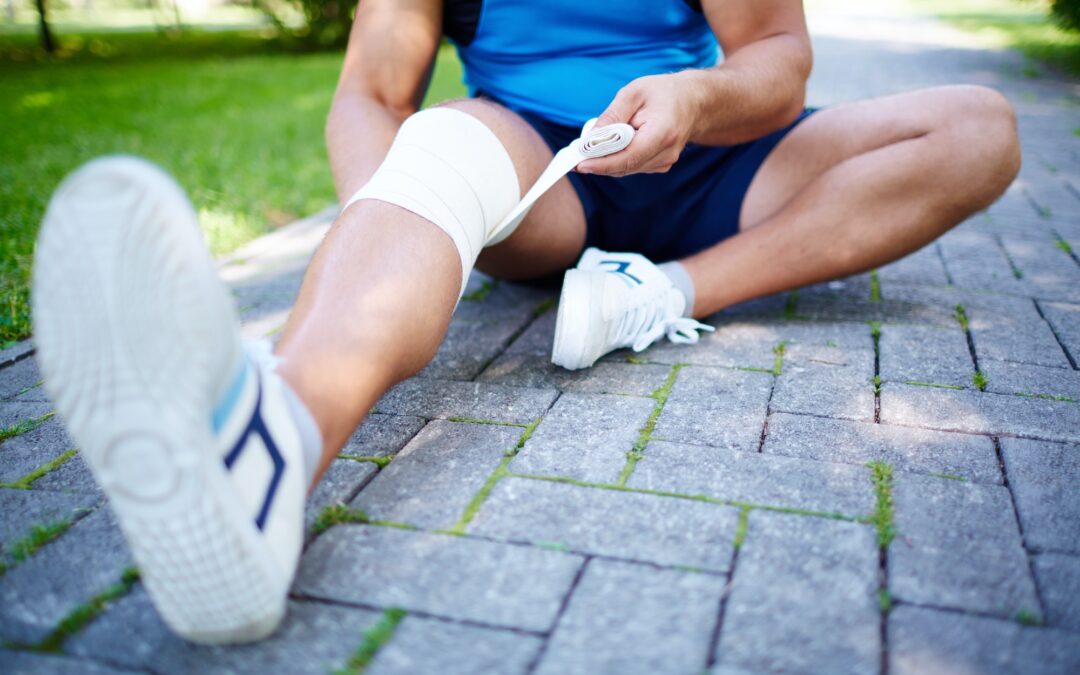When you get hurt, there are certain vitamins and minerals that may help with faster healing – but are these wound supplements really effective?
Taking daily vitamin supplements to boost health is not uncommon.
While it would be ideal if we got all the necessary nutrients from natural sources, the truth is that sometimes we need health supplements to make up the difference.
However, when it comes to helping in specific areas such as wound treatment, we need to pay attention.
Unlike medicine, dietary supplements are not regulated by the FDA.
Despite this, they are part of a booming industry.
People want to improve their health as efficiently as possible and supplements are a great help.
However, while a typically healthy person can simply follow the recommended dose on the label, this is not the case for everyone.
A wound care patient may suffer from various issues that affect how much of a supplement they should take.
These patients may also not receive enough nutrition from their diet alone.
Nutrient Deficiencies
One of the main reasons why a person may need supplements is because they have nutrient deficiencies.
To determine any deficiencies, a doctor can gather biochemical data, go over dietary history, and carry out a physical exam focused on nutrition.
Nutrition-focused exams can help reveal tell-tale signs of deficiencies.
For example, someone with iron or B vitamin deficiency may have canker sores and someone with B12 deficiency may have a smooth, red, thickened tongue.
In some cases, blood tests can help determine some nutrient deficiencies.
 Dietary Changes
Dietary Changes
While it would be great if all we needed to do was take supplements to have all the necessary nutrients, that’s not the case.
As helpful as they may be, supplements are there to help cover any gaps or give an extra boost, not replace a healthy diet.
Unless you suffer from certain allergies, a healthy diet consisting of quality proteins, whole grains, low-fat dairy, fruits, and vegetables is recommended.
Foods rich in vitamin C are specifically important for wound patients as it is key in normal collagen formation.
Wound Supplements
There are several wound supplements that come in pre-packaged drink or powdered form.
These wound healing supplements contain various vitamins and minerals that offer enough support without the need for multiple supplements.
For example, Circulation Boost contains folic acid, pyridoxine, vitamin B12, vitamin C, and vitamin K among others.
These vitamins and minerals all help support wound healing and even help with other health conditions such as poor circulation.
In other words, it isn’t necessary to buy multiple supplements – all you need is one that will give you the maximum amount of benefits.
Things to Consider
While supplements are helpful, it’s important to talk with your doctor before adding them to your routine as they may interact with certain medications.
In some cases, taking a particular supplement may be necessary in the treatment of certain wounds.
For example, someone who is suffering from heavily draining wounds may specifically need zinc supplements.
Are Supplements for Wounds Effective?
While there may be some effective wound supplements, there is no one cure-all supplement.
When it comes to healing wounds, there are many factors involved such as the patient’s lifestyle, overall health, diet, etc.
Patients should work together with their doctors to determine which treatment will be most effective.
These changes may include adapting a healthy diet, evaluating nutrient deficiencies, and determining which supplements are necessary.

